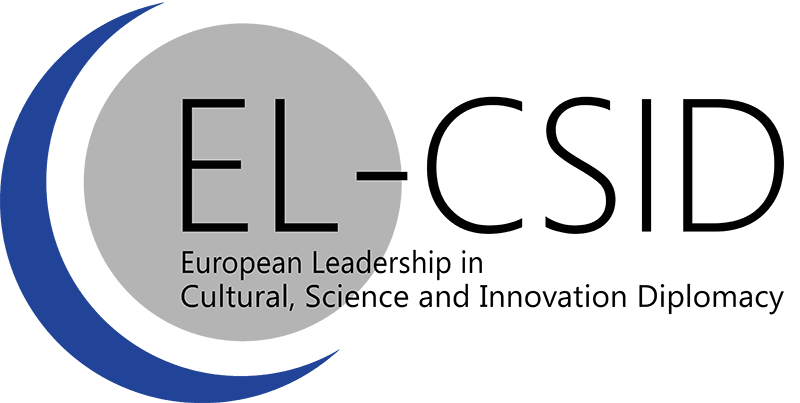Press Releases

Seeing Ourselves as Others See Us: Can “soft power” save Europe?
April 24, 2017
Europe’s global image is better abroad than at home where it is daily battered by populists and Eurosceptics.
Europe’s concern about its self-image will be the focus of academics attending workshop in Malta on 27th and 28th April who will ponder if the EU should take pride in how it is perceived abroad
At a time when the European project is being portrayed in the press and by Eurosceptics as essentially over, Brussels is examining ways in which the use of soft power diplomacy can counter the naysayers.
Under the banner of the Horizon 2020 project “European Leadership in Cultural, Science and Innovation Diplomacy” (EL-CSID), researchers are looking at the ways in which Europe’s interactions with other parts of the world through culture, science, innovation and health can be used to increase mutual goodwill and understanding.
Professor of Political Science Neil Collins said that researchers, who have tracked the way in which Europe is portrayed abroad through the press and social media, report fairly favourable coverage but warn against any diplomatic initiative that suggests a neo-colonial approach.
“Workshop participants will also hear cautious advice about linking security issues to cultural diplomacy. The role of European diasporas has also been researched with a view to seeing how these communities may be drawn more closely into the cultural and scientific life of their countries of origin,” said Professor Collins.
As part of this research, academics from leading universities in Europe, Kazakhstan and Turkey are meeting in Malta to review the EU’s use of “soft power” to strengthen its image abroad.
“Particular attention will be paid to how culture, science, innovation and health assistance are harnessed to reaffirm good relations with foreign publics. The focus of the workshop, being held in St. Paul’s Bay during Malta’s presidency of the European Union, will be on Europe's standing in the Middle East, Central Asia and Africa,” explained Professor Collins.
Maltese MEP, Ms Therese Comodini Cachia, will address the workshop and is expected to stress the importance of the EU’s commitment to human rights in its diplomatic actions.
Scientific Coordinator Luk Van Langenhove (Vrije Universiteit Brussel) will also show how “alternative facts” could be tackled with science diplomacy that repositions Europe as a reliable partner in meeting sustainable development goals.
To learn more about this workshop, please contact:
Neil Collins, Professor of Political Science
Nazarbayev University, Astana, Kazakhstan
Mobile: +353 87 6694841; +77010140916
E-mail: neil.collins@nu.edu.kz




